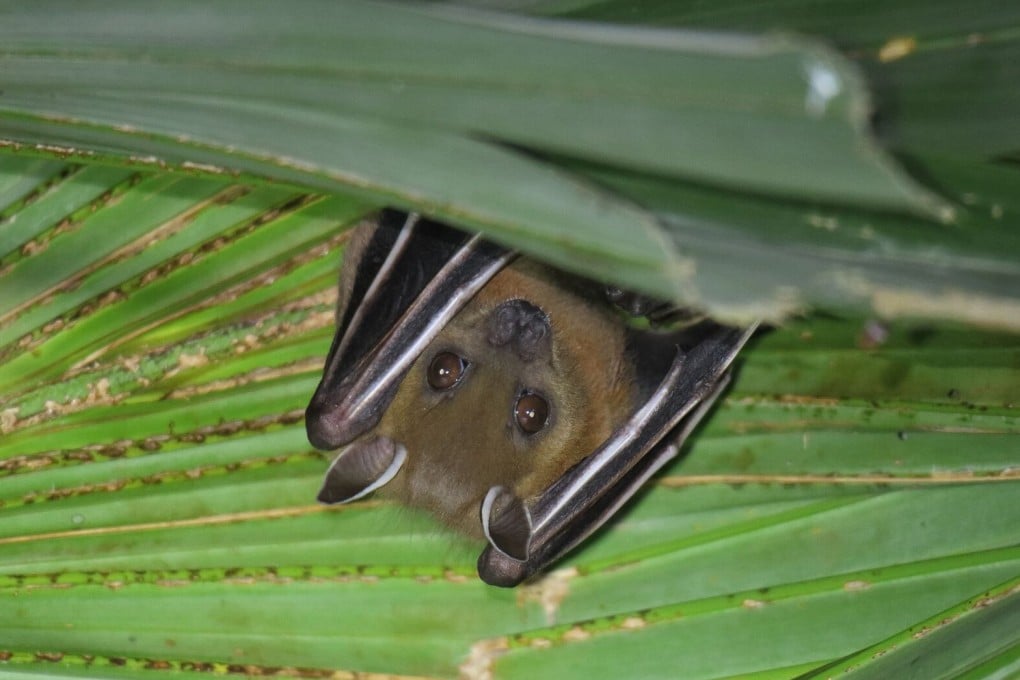Why do some bats make better virus hosts than others? A Chinese team investigates
- A team from Wuhan University has found that not all bat immune systems are equal, with important implications for disease research
- The scientists compared different species at the chromosome level to see why some species are natural reservoirs for viruses

The academic community has long believed that all bat species have a similar immune system that is superior to those found in other mammals, protecting bats from a range of diseases.
But researchers at Wuhan University’s College of Life Sciences in central China have found evolutionary differences in the immune systems of various bat species, indicating wide variations across the globe.
“Our findings indicate that the evolution of bat immunity genes may be even more complex and diverse than previously thought,” said Zhao Huabin, lead author of the paper published in May by the peer-reviewed journal Science Advances.
“Study of bats’ immune systems can provide valuable insights for understanding and controlling diseases in humans, as well as guiding antiviral treatment strategies.
“The bats studied in this research can be used to build mammalian models of viral infection and inflammatory responses, helping to analyse the molecular mechanisms of antiviral immunity.”